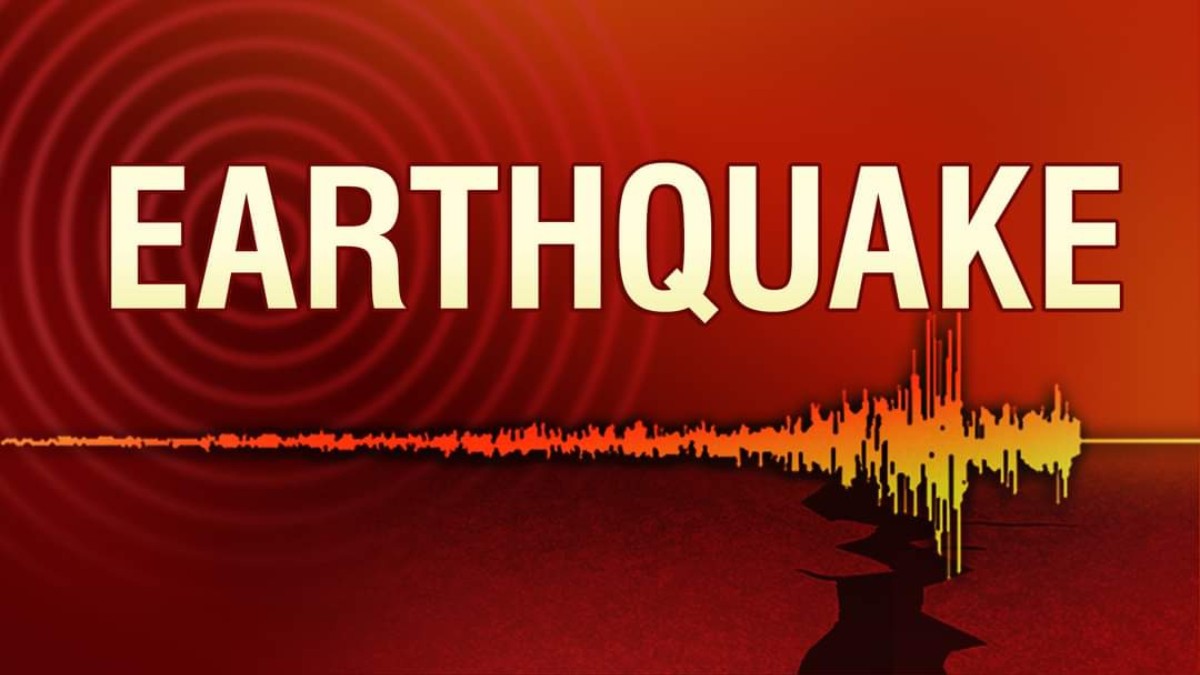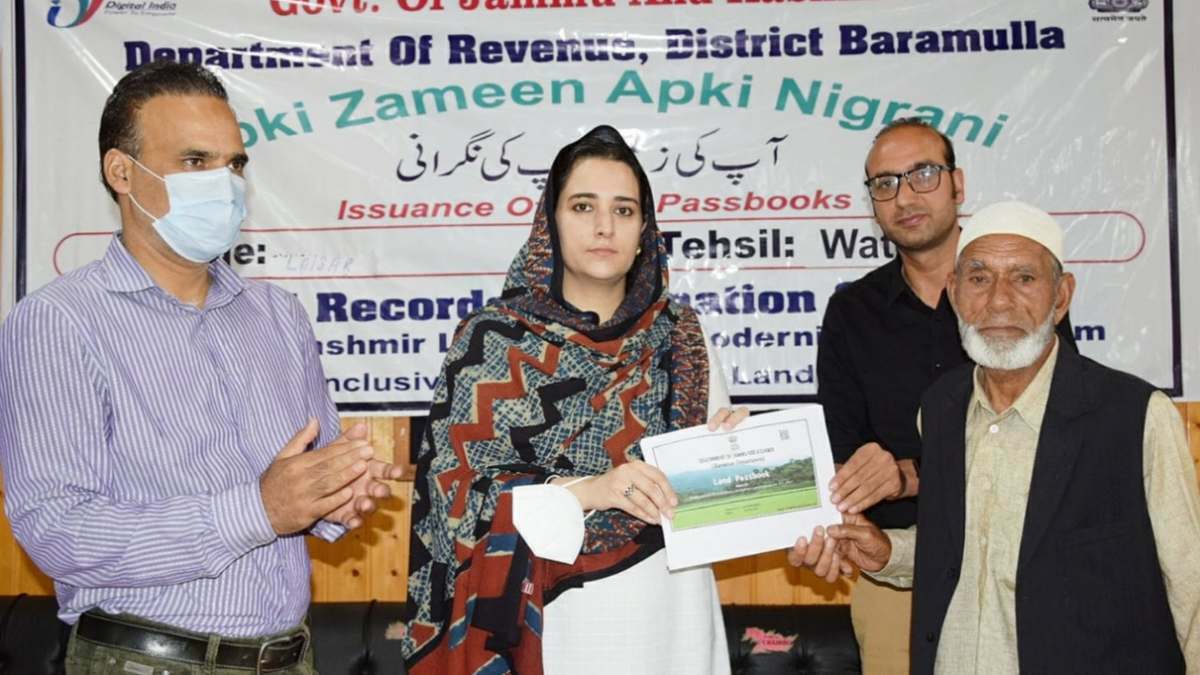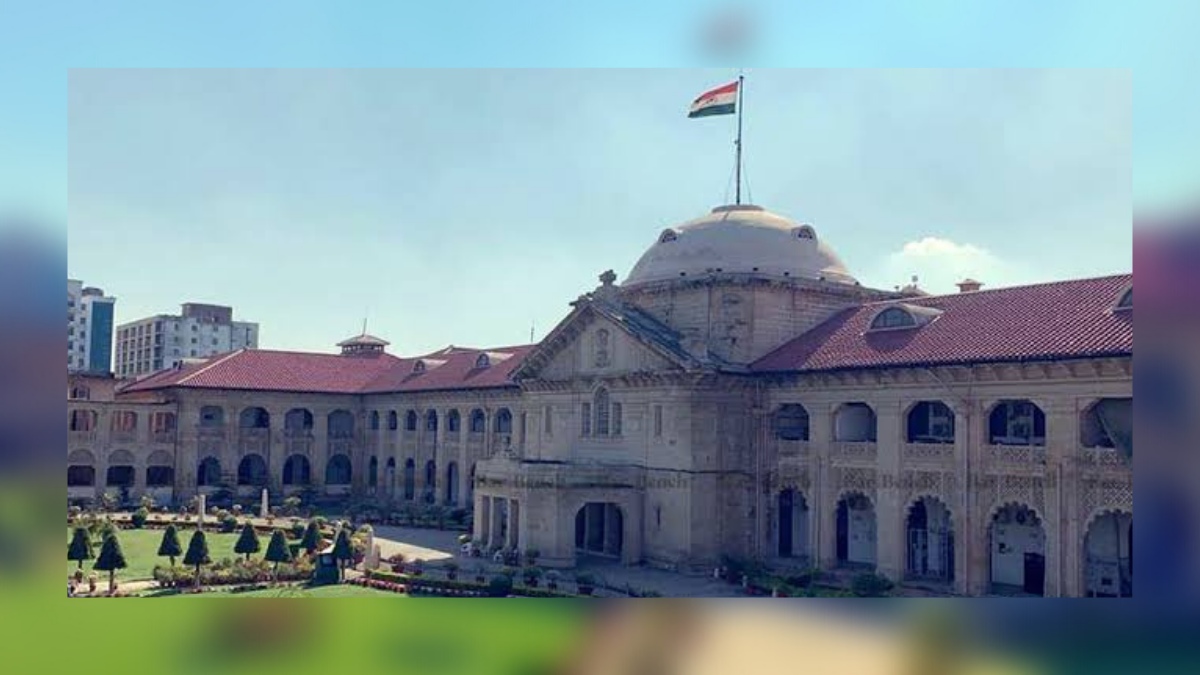At least 11 earthquakes and aftershocks have jolted Jammu & Kashmir and Ladakh in 24 hours period while the experts here have stated that low intensity shakes is a good sign as it would dwindle the possibility of a major earthquake.
Five-back-to-back earthquakes jolted J&K and Ladakh within a span of one hours on Monday afternoon while two more aftershocks were witnessed later in the evening, taking the toll of shakes to 7 in a day.
Moreover, four more earthquakes jolted the twin Union Territories in the morning, taking the toll up to 11 within a span of 24 hours.
The origin of all the earthquakes was Zanskar Kargil and Kishtwar in Jammu & Kashmir, the officials said.
Today, the first earthquake measuring 3.0 magnitude jolted J&K and Ladakh parts at 3:57 AM while the second with a magnitude of 3.4 jolted the UTs at 10:30 AM.
The third and fourth earthquakes measuring 2.9 and 2.8 jolted the places at 11:18 Am and 11:28 AM respectively.
The experts have, however, asked the people to take precautionary measures, saying that there was no need to panic.
Senior Assistant Professor at Department of Earth Sciences Kashmir University, Dr Rakesh Chandra, while talking to KNO said that the tremors felt since yesterday is a normal phenomenon as the earth has to release its energy. “Zanskar, Kargil and Kishtwar in J&K is in zone five and considered as the most vulnerable areas of the earthquake, thus these earthquakes and aftershocks witnessed since last afternoon are quite normal,” he said.
He added that the earthquakes are unavoidable as the earth has to release its energy and even if the energy is getting released through low intensity shocks, it is a good sign as it will help in avoiding a major earthquake, which would release the accumulated energy in it.
“We need to see the earthquake and aftershocks in a positive aspect and there is no need to panic, but we need to take precautionary measures like constructing our houses on seismically approved design to prevent the losses,” he said.
Moreover, Professor Shakil Romshoo, an earth scientist and Vice Chancellor of Islamic University of Science and Technology (IUST), said that “keeping in view our historical vulnerability to earthquakes, we all need to be conscious about our role and responsibility as far as disaster preparedness is concerned, particularly in case of earthquakes.”
“We must, as individuals, community and society or as a part of the government, work in tandem and join hands for reducing our vulnerability and risk to earthquakes,” he said.















